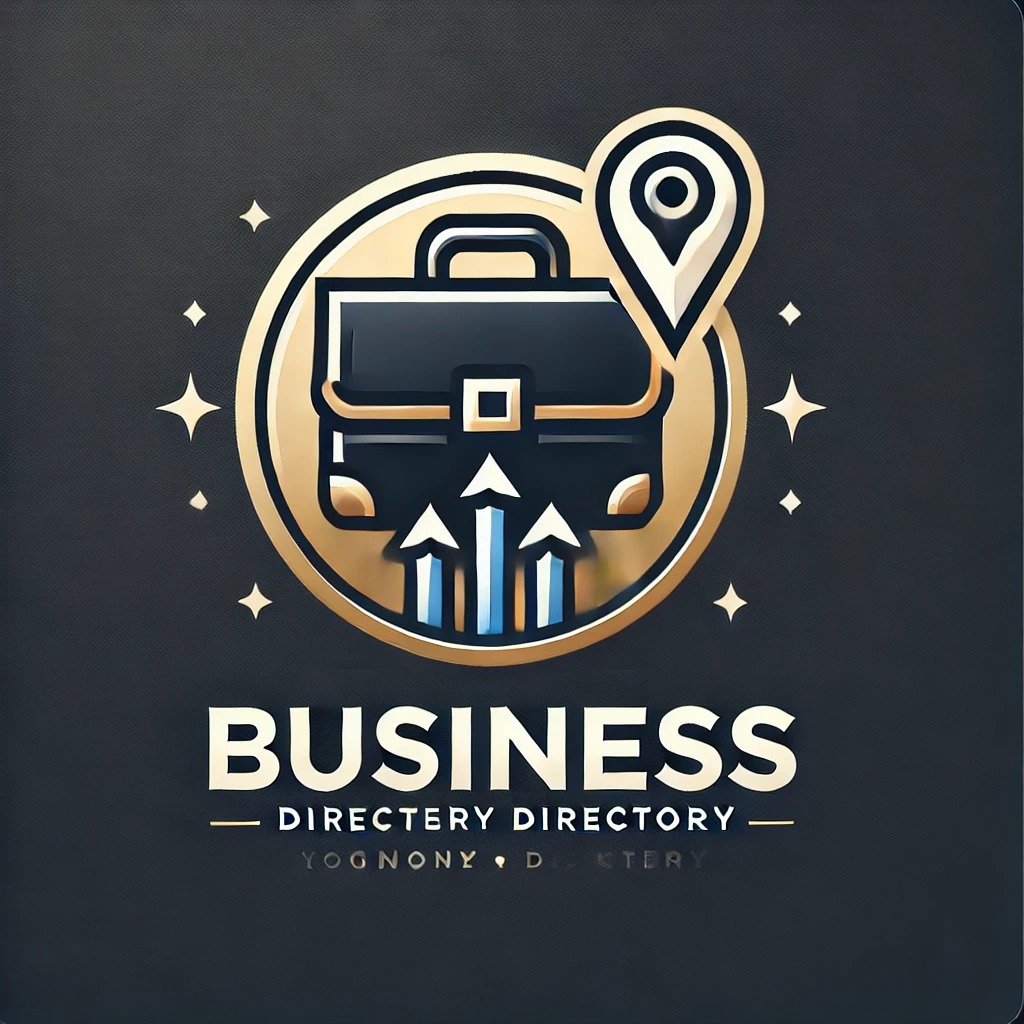Navigating the Leap: From Family Business to Corporate World
For those entrenched in the family business, a decision to leave can evoke a mix of excitement and trepidation. Having devoted seven years to this path since my college days, I find myself at a crossroads, pondering what the future holds beyond the familiarity I’ve known.
Since graduating, my professional journey has unfolded within the confines of a business my family started from the ground up. Now at 26, I’ve poured my efforts into this small venture, managing everything from marketing strategies to organizing massive events, despite our modest team of seven. Looking back, I realize I’ve gained invaluable skills, yet somewhere along the way, I lost my sense of direction and identity.
The challenge has always been the lack of structure. What began as a single annual event has escalated into numerous shows per year, all with the daunting expectation that the success of one will alleviate the last’s shortcomings. Delegation remains elusive, as staffing has always been my father’s prerogative—not exactly my forte. Without adequate support, the burden has continuously fallen on my shoulders.
Our situation recently took a turn for the worse, as some of our major shows faltered, plunging us into financial turmoil. Although I’ve been removed from payroll, I persist because the upcoming event, just two months away, hinges on my involvement.
Navigating this familial landscape is made more complex by my father’s dual role as boss and parent. His understanding is clouded by expectations—a constant query about my dipping efficiency. What he doesn’t see is the toll: my mounting exhaustion, the strain of managing professional duties alongside personal commitments, including a new marriage, and the diminishing motivation that once drove me to extend my workdays into late nights.
I’m ready for a change, yet apprehensions loom. My professional life has been a masterclass in self-taught skills: graphic design, social media strategy, event management, and beyond. However, I lack experience in established corporate environments. Adapting to structured workplace norms and cultures is a daunting prospect.
For those who have transitioned from a family-run business to a corporate job, particularly in their mid-twenties, your insights are invaluable:
- How did you adapt to a structured work setting from one marked by chaos?
- Did you experience difficulties integrating into corporate environments?
- Were you provided with training, or was it expected you’d learn on the go?
- Reflecting on the transition, was it a worthwhile endeavor?
The










2 Comments
Thank you for sharing your journey; it’s a poignant reflection on the complexities of family business dynamics and personal growth. Transitioning from a family-run environment to a structured corporate role can indeed be challenging, but it also offers a wealth of opportunities for self-discovery and professional development.
Based on my own experience and insights from those who have navigated similar paths, here are a few thoughts that may help you as you consider this significant shift:
1. **Embrace Your Skills**: The diverse skill set you’ve developed over the years—marketing, event management, and social media strategies—can be highly valuable in a corporate setting. Often, these roles require fresh perspectives that you can bring, especially if you’re entering industries focused on innovation and adaptability. Don’t underestimate the unique insight you’ve gained from the family business; it can differentiate you in job interviews.
2. **Seek Mentorship**: As you step into the corporate world, seek out mentors who can guide you through the adaptation process. Their experiences can provide useful frameworks for navigating corporate culture and understanding the nuances of workplace dynamics. Additionally, you could connect with fellow former family business employees for shared experiences and advice.
3. **Structured Learning**: Many corporations have training programs designed for newcomers. Don’t hesitate to request training in areas where you feel you may need guidance. Being upfront about your transition can foster understanding and support from your team. Remember, organizations value learnability and adaptability just as much as established experience.
4. **Gradual Integration
Thank you for sharing such an honest and reflective post. Transitioning from a family business to a structured corporate environment can indeed be challenging, but it also offers significant growth opportunities.
From personal experience and insights shared by others who’ve made this leap, adaptation often begins with embracing a mindset shift—from handling everything informally to understanding and appreciating formal processes and hierarchies. Initially, it might feel like stepping into an entirely new world, but many find that their diverse skill sets—such as event management, social media, and graphic design—are highly transferable and valued in corporate settings.
Regarding training, most organizations expect new employees to learn on the go, but proactive learners often seek out mentorship, workshops, and resources to accelerate their integration. Asking questions and gaining clarity on expectations can make the transition smoother.
Ultimately, I believe the transition is worthwhile if it aligns with your long-term goals, whether that’s stability, career growth, or diversifying your experience. It can also provide a fresh perspective and new networks that can benefit your entrepreneurial endeavors down the line. Remember, your diverse skill set and the resilience you’ve built managing a family business are assets—embracing new challenges can expand your capabilities even further. Wishing you clarity and confidence in this new chapter!